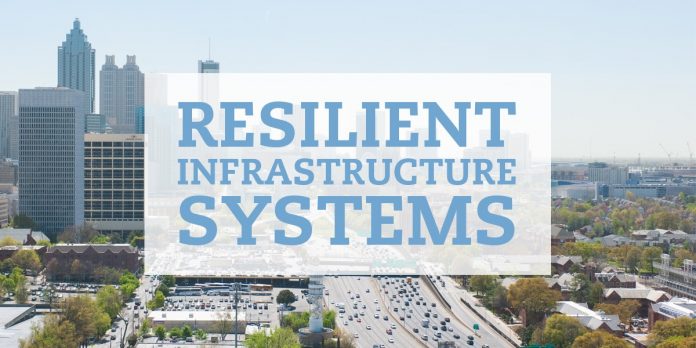PRESS RELEASE: By World Bank
The net benefit on average of investing in more resilient infrastructure in low- and middle-income countries would be $4.2 trillion with $4 in benefit for each $1 invested, according to a new report from the World Bank and the Global Facility for Disaster Reduction and Recovery (GFDRR).
The report, Lifelines: The Resilient Infrastructure Opportunity, lays out a framework for understanding infrastructure resilience, that is the ability of infrastructure systems to function and meet users’ needs during and after a natural hazard. It examines four essential infrastructure systems: power, water and sanitation, transport, and telecommunications. Making them more resilient is critical, the report finds, not only to avoid costly repairs but also to minimize the wide-ranging consequences of natural disasters for the livelihoods and well-being of people. Outages or disruptions to power, water, communication and transport affect the productivity of firms, the incomes and jobs they provide, as well as directly impacting people’s quality of life, making it impossible for children to go to school or study, and contributing to the spread of water-borne diseases like cholera.
The report also finds that the lack of resilient infrastructure harms people and firms more than previously understood. Natural disasters, for instance, cause direct damages to power generation and transport infrastructure, costing about $18 billion a year in low- and middle-income countries. But the wider disruptions that they trigger on households and firms is an even bigger problem. Altogether, disruptions caused by natural hazards, as well as poor maintenance and mismanagement of infrastructure, costs households and firms at least $390 billion a year in low- and middle-income countries.
In
Kampala, Uganda, even just moderate floods block enough streets to make it
impossible for over a third of Kampalans to reach a hospital during the
critical window of time following a medical emergency.
Tanzanian
firms are incurring losses of $668 million a year (or 1.8 percent of GDP) from
power and water outages and transport disruptions, regardless of their origin.
Almost half of transport disruptions in the country are also due to floods, and
flood-related transport disruptions cost more than $100 million per year.
Reliable access to electricity has more favorable effects on income and social
outcomes than access alone in Bangladesh, India, and Pakistan: boosting per
capita income, study time for girls and women’s participation in the labor
force. In India, access to electricity increases women’s employment by 12
percent. But access is usually unreliable. Where access is reliable – that is,
available 24/7 – the increase reaches 31 percent…read more>>



